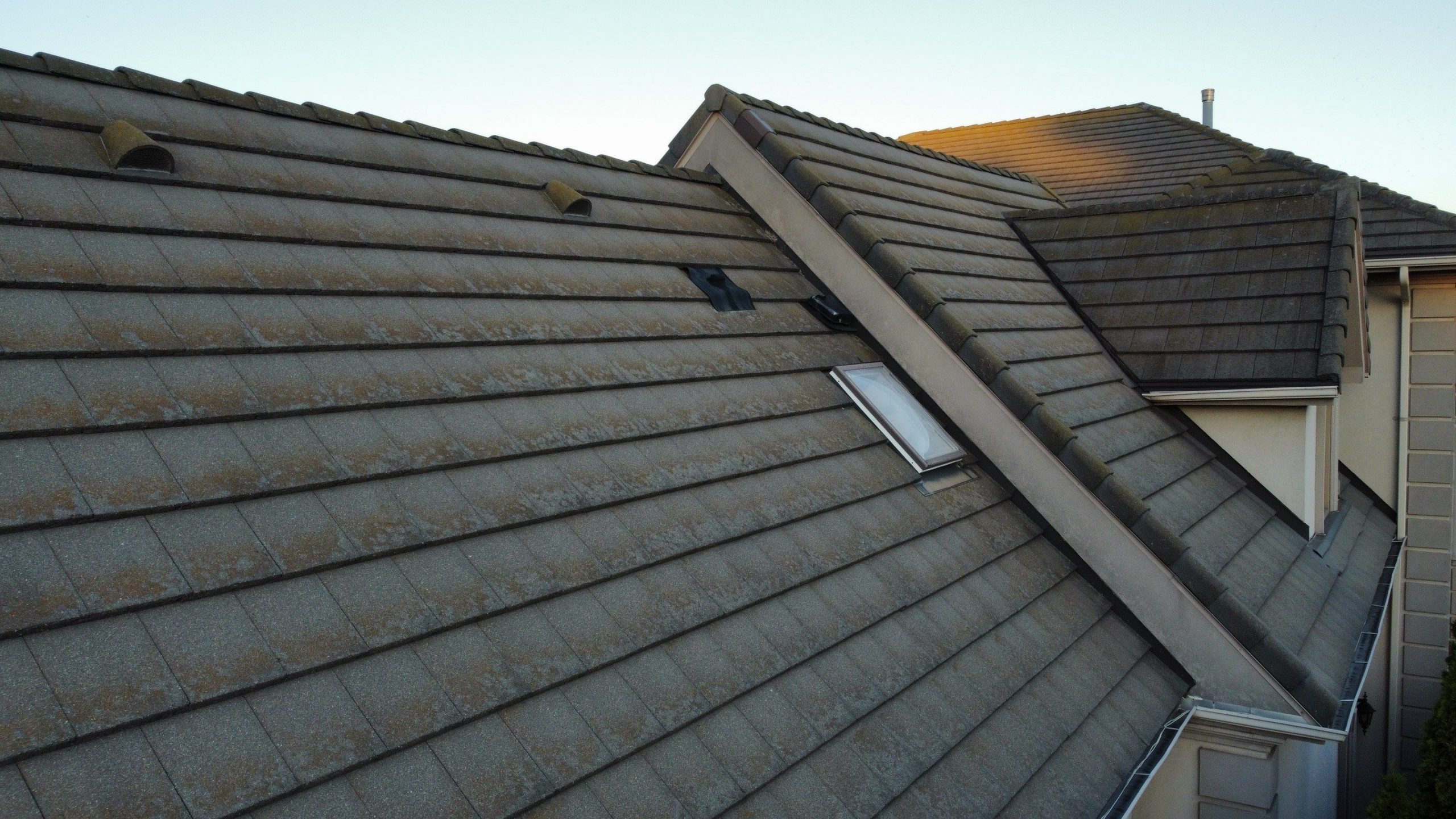Pressure Washing Dos and Don’ts: A Homeowner’s Checklist
Maintaining the cleanliness and integrity of your home’s exterior can significantly impact its curb appeal and overall value—especially in property markets like Toronto GTA and Hamilton. At The Cedar Cleaners, we understand the importance of keeping your home looking its best, which is why we offer comprehensive exterior cleaning services, including pressure washing.
Pressure washing is an effective way to remove dirt, grime, and other debris from various exterior surfaces of your home. However, it’s essential to approach this task correctly to avoid damaging your property and to ensure optimal results.
What is Pressure Washing?
Pressure washing utilizes high or low-pressure water streams to clean exterior surfaces effectively. This method is particularly useful for tackling tough stains, mold, mildew, and other stubborn contaminants that may have settled into the surfaces around your home. By adjusting pressure settings and choosing appropriate nozzles, pressure washing can be adapted for a wide range of materials, ensuring a thorough clean that doesn’t compromise the integrity of the surface.
The Importance of Pressure Washing for Home Maintenance
Regular pressure washing not only boosts your home’s curb appeal but also helps maintain or even increase your property’s market value. By removing harmful elements that can cause long-term damage, such as mold and algae buildup, pressure washing helps preserve the structural integrity of your home. This not only saves you money on potential repairs but also keeps your home looking new and well-cared for.
Dos of Pressure Washing
- Read Manufacturer Instructions: Always start by reading your pressure washer’s manual to understand its specific requirements and safety features.
- Wear Protective Gear: Safety goggles and gloves are essential to protect yourself from debris and the high-pressure spray.
- Use the Right Pressure: Adjust the pressure settings based on the surface you are cleaning. Higher pressure is suitable for concrete, while lower settings are best for siding or painted surfaces.
- Choose Suitable Cleaning Solutions: Use eco-friendly and surface-appropriate cleaning solutions to enhance cleaning effectiveness without causing harm to your landscaping or the environment.
- Prepare the Area: Remove any obstacles and cover sensitive plants or objects to protect them from the high-pressure water and cleaning solutions.
- Regular Maintenance: Establish a regular schedule for pressure washing to keep your home’s exterior in top condition, usually once a year or as needed.
Don’ts of Pressure Washing
- Avoid Excessive Pressure: Using too much pressure can damage surfaces like wood, vinyl siding, or even cause pitting in concrete.
- Don’t Wash in Direct Sunlight: Washing in direct sunlight can cause the water and cleaning agents to evaporate too quickly, leaving residue and potentially damaging the surfaces.
- Never Use on Fragile Surfaces: Avoid using pressure washers on delicate surfaces such as old windows or aged wood, which can be easily damaged.
- Don’t Rush the Job: Take your time to ensure all areas are thoroughly cleaned and that no spots are missed.

Get Your Free Estimate Today
Choosing The Cedar Cleaners
At The Cedar Cleaners, we have extensive experience and knowledge in handling various types of pressure washing tasks. From driveways and patios to siding and roofs, our team is equipped with the right tools and expertise to handle your cleaning needs efficiently.
By choosing The Cedar Cleaners, you ensure that your home receives the highest level of care, enhancing its curb appeal and long-term value. Contact us at 647-694-0523 to schedule your next pressure washing service and experience the professional difference.
In conclusion, pressure washing is a vital part of home maintenance that, when done correctly, can significantly enhance the look and lifespan of your home’s exterior. Follow these dos and don’ts to safely and effectively maintain the beauty and integrity of your property.
